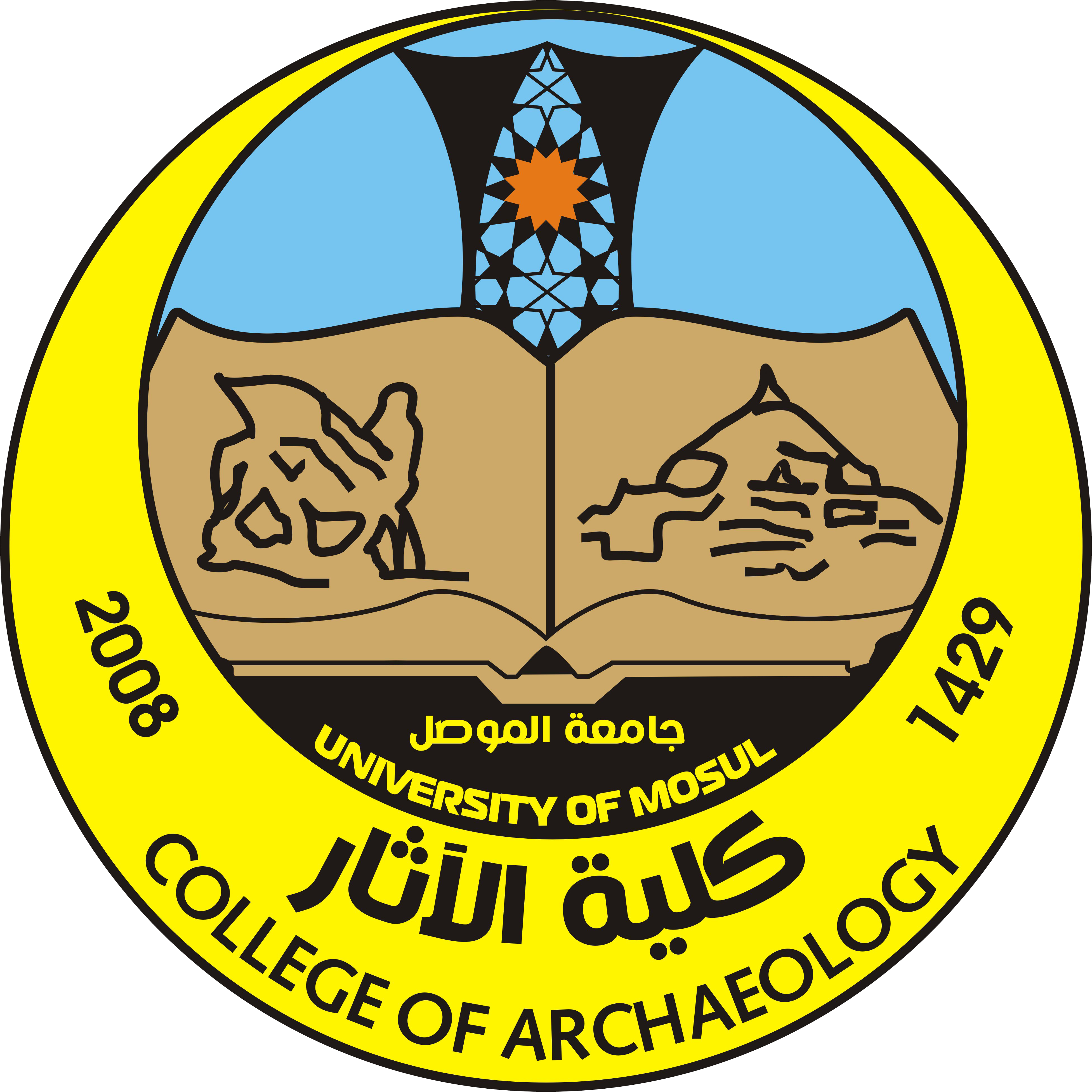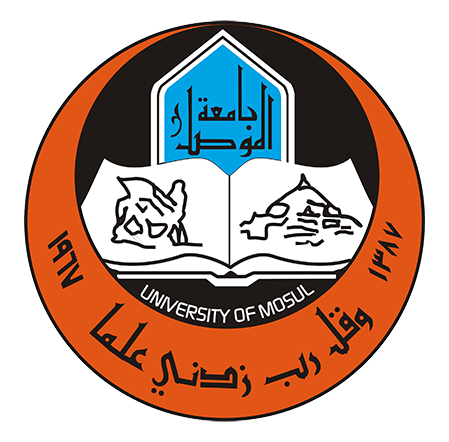18 July، 2023
A master’s thesis at the College of Archeology discussing (epidemics and famines in ancient Iraq)

The Department of Civilization at the College of Archeology at the University of Mosul discussed a master’s thesis on epidemics and famines in ancient Iraq on Tuesday, July 18, 2023, in Dr. Behnam Abu Al-Soph’s hall in the college. Part of the viva was attended by Assistant Professor Dr. Yasmine Abdel Karim Muhammad Ali, Dean of the College, and Assistant Professor Dr. Yasser Jaber. Khalil, Assistant Dean for Scientific Affairs, and a number of college professors and students.
The study presented by the student (Naam Yunus Tarki) touched on the most prominent disasters that the people of Mesopotamia suffered from, based on discovered medical texts and texts related to the economic aspect, and they developed treatments and methods for dealing with them according to the capabilities available to them at the time.
Religious reasons, specifically divine wrath, were at the forefront of those reasons that the ancient Iraqis believed in, and that getting rid of these disasters and removing them from humans was, in their view, only possible through the gods and according to their will.
The study also dealt with medical sources and linguistic dictionaries, and it was found that the ancient Iraqis distinguished between general diseases and epidemic diseases, and they considered plague, leprosy, scabies, malaria, typhoid, and other dangerous epidemic diseases that required taking caution and caution in order to prevent infection with them.
Preventive measures, attention to public health, and isolation of patients with epidemic diseases are among the most important measures adopted by the ancient Iraqis more than 4,000 years ago, and they are still followed to this day, taking into account the factor of time and the development taking place in the health aspect, and there was the presence of doctors accredited by the courts. To express an opinion on lawsuits related to medicine, which reflects the chronological precedence of the beginning of the emergence of forensic medicine among the ancient Iraqis, and its goal is to alleviate the impact of famine on the people and the country. However, the size of this disaster was often uncontrollable and thus led to the fall and collapse of entire cities and an increase in the number of deaths. The disruption of various sectors of the state, through the increase in cases of theft and murder during the occurrence of famines due to the severity of poverty and deprivation, was one of the negative phenomena that affected society and made matters worse. The famine also led people to sell their children because they were unable to support them, and many financially destitute members of the middle class entered a quagmire. Slavery due to the accumulated debts that burdened them and could no longer be paid, forcing them to sell their children or give them up.
The discussion committee was chaired by Professor Dr. Muayyad Muhammad Suleiman and the membership of both was Professor Dr. Sabah Jassim Hamadi Khalil / University of Baghdad / College of Education Ibn Rushd for the Humanities / Department of History and the teacher is Dr. Abdel Sattar Ahmed Hussein, under the supervision and membership of Professor Dr. Abdel Rahman Younis Abdel Rahman.























